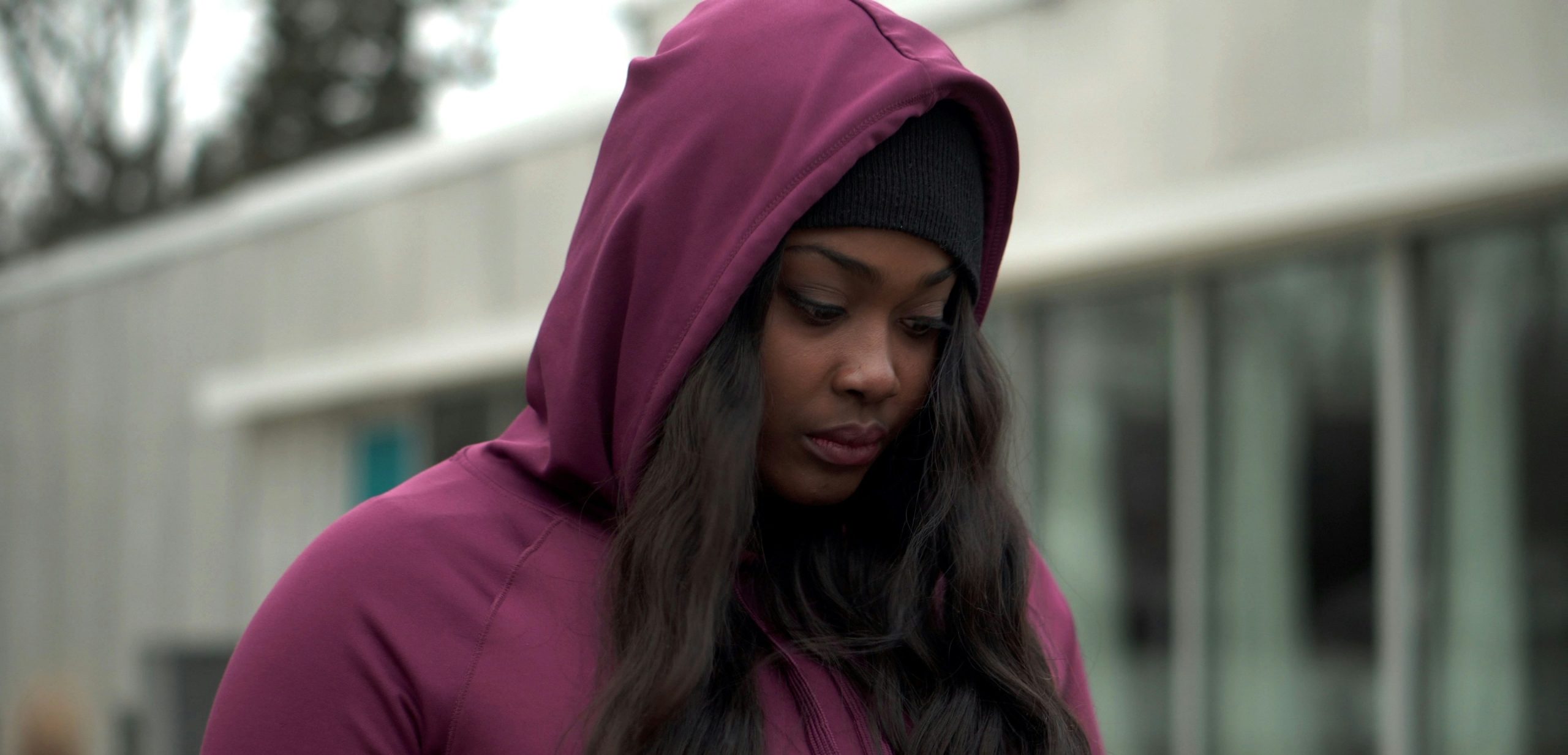This blog post represents the author’s views and should not be interpreted as professional/medical advice or endorsed by NEDA.
Who doesn’t love a backhanded compliment? They’re not in any way shape or form flattering and yet never direct enough to address without being gaslit. The comment section of any social media platform never fails to have an endless amount to choose from…specifically on women’s bodies.
“Wow, I wish I had your confidence”. – @privateprofile.
As someone who’s dealt with their own body image issues, it’s always appalling yet not surprising to see how even in 2025 making unsolicited comments on people’s bodies is still so normalized. Despite having pride in today’s body positivity movement, I know there’s still so much hypocrisy that enrages me.
WHAT DID I DO WITH MY FRUSTRATION?
Well, my relationship with food was a constant challenge growing up along with a plethora of mental health struggles. Reflecting on this debilitating sense of isolation led me to birthing my psychological, dramatic short film, Disordered.
Disordered follows a troubled Black teen who is struggling with an eating disorder and confronts the embodiment of her childhood trauma which pushes her on a path to healing. Think of the dry humor from the film, To The Bone, mixed with nods of horror as we see our main character’s crippling inner demons manifesting outside of herself. This film honors the empowerment and messy frustration surrounding body image while demonstrating the importance of healing your inner child who wasn’t accepted by peers and society.
Here’s how I took Disordered from an idea to a powerful story that spotlights eating disorders in the Black community:
STEP 1.) REFLECT ON MY OWN EXPERIENCE WITH BODY IMAGE.
Like most, my body insecurities first manifested in my adolescent years.
I grew up being bullied for my weight and it really dimmed the light I had. Looking back, it’s the small moments that will always stick with me, such as putting on a new shirt that I was excited to wear, just to be met with laughter as one wheezed out the words “Allana looks pregnant”.
What did I take away from that? Well that shirt was never worn again, but those words stay with me to this day. The psychological effects of struggling with body image eventually changed how I viewed myself which I portray through my film.
In Disordered we see the main character’s crippling inner demons taunt her to the point where they turn into a literal ‘Shadow’ figure. ‘Shadow’ represents the feeling of our negative thoughts consuming us to the point where they feel bigger than ourselves. Despite the fact that these negative depictions of ourselves loom over our heads like a dark cloud, the rest of the world can’t see the struggles burdening us.
STEP 2.) CREATE A COMMUNITY OF BLACK WOMEN WITH SHARED EXPERIENCES.
Speaking with my peers in the Black community, we all came to the same conclusion – One of the main challenges with being in a Black body was living up to the pressure to meet Eurocentric beauty standards… aka ‘slim’. An unattainable standard for many women of all backgrounds. To honor the authenticity of Disordered, it was crucial that I bring on a team of three, Black, female producers who all have similar lived experiences.
Now with body trends veering back to the early 2000s, we need to bring awareness to harmful societal pressure more than ever. We especially need to start having an open dialogue about eating disorders in the Black community, beyond overeating. Disordered eliminates the stigma of anorexia in Black women through our main character Jess’s unfiltered journey as she navigates the messy yet vulnerable path to self discovery.
Why have I chosen the medium of film to spread this message?
Often in films, Black women are only portrayed as the funny side character. Don’t get me wrong, I love to watch comedy, create comedy, however the harm sets in when that is the only character type we see Black actors being cast as. Media has a huge influence on how we view the world and the people that walk among us – That’s why it’s time to change the narrative.
Together my team and I have set out to bring more complexity and nuance in Black women on screen through Disordered.
STEP 3.) BEGIN TO HEAL.
“Touch. I once loved my body. It may not be perfect, it may have its flaws, but everyday it keeps me here. I build me up brick by brick and although it may not always stick, I call you home.”
This excerpt from Disordered encompasses the underlying message behind the film – healing is not linear.
One of the ways to choose to heal is through my art – Which is why Disordered showcases a powerful montage of dance and instrumental music accompanied by a spoken word poem about the journey of self acceptance. Showing the impact of art expression is an important element of the film as it’s always been a freeing yet empowering outlet for me since I was a kid.
To my surprise, the process of creating these layered and dynamic characters felt like a form of therapy that I didn’t expect to experience. As I put pen to paper, I found myself exploring my
own personal feelings on the topic of body image through a character that was somewhat a version of myself.
I believe that art has the power to not only fuel our souls, but to heal them as well.
STEP 4.) REMEMBER MY WHY!
Looking back on this past year and a half of creating Disordered, I’ve come to realize this film, this story, is bigger than myself. Creating Disordered is my opportunity to not only start a conversation on body image, but also build a sense of community where people feel safe to reach out. I want to create art people can resonate with and that is what really drives me to continue sharing my stories .
Once this film finally makes it to the big screen, I hope those who watch it walk away knowing there is no perfect path to loving yourself and we all have an inner child that needs nurturing, no matter what age. Disordered encourages others to seek a community where you feel comfortable reaching out for help no matter what eating disorders or mental health struggles you may be working through. Bringing this film to life is my first step to healing and I aim to inspire others to come on the journey with me.
And to anyone who has the courage to take that first step – Ask yourself…How can I choose to heal?
Resources
Learn more about eating disorders in the Black, Indigenous, and People of Color (BIPOC) community here.
Learn more about eating disorder treatment here.
Find eating disorder treatment providers in your area here.
Allana Miller is a Vancouver based filmmaker driven by spotlighting the Black experience. Her next project, Disordered, touches on the topic of body image and healing your inner child. She’s an alumni of Vancouver Film School’s Screenwriting Fundamentals Course as well as the CaribbeanTales Creators of Colour and Incubator Program.




